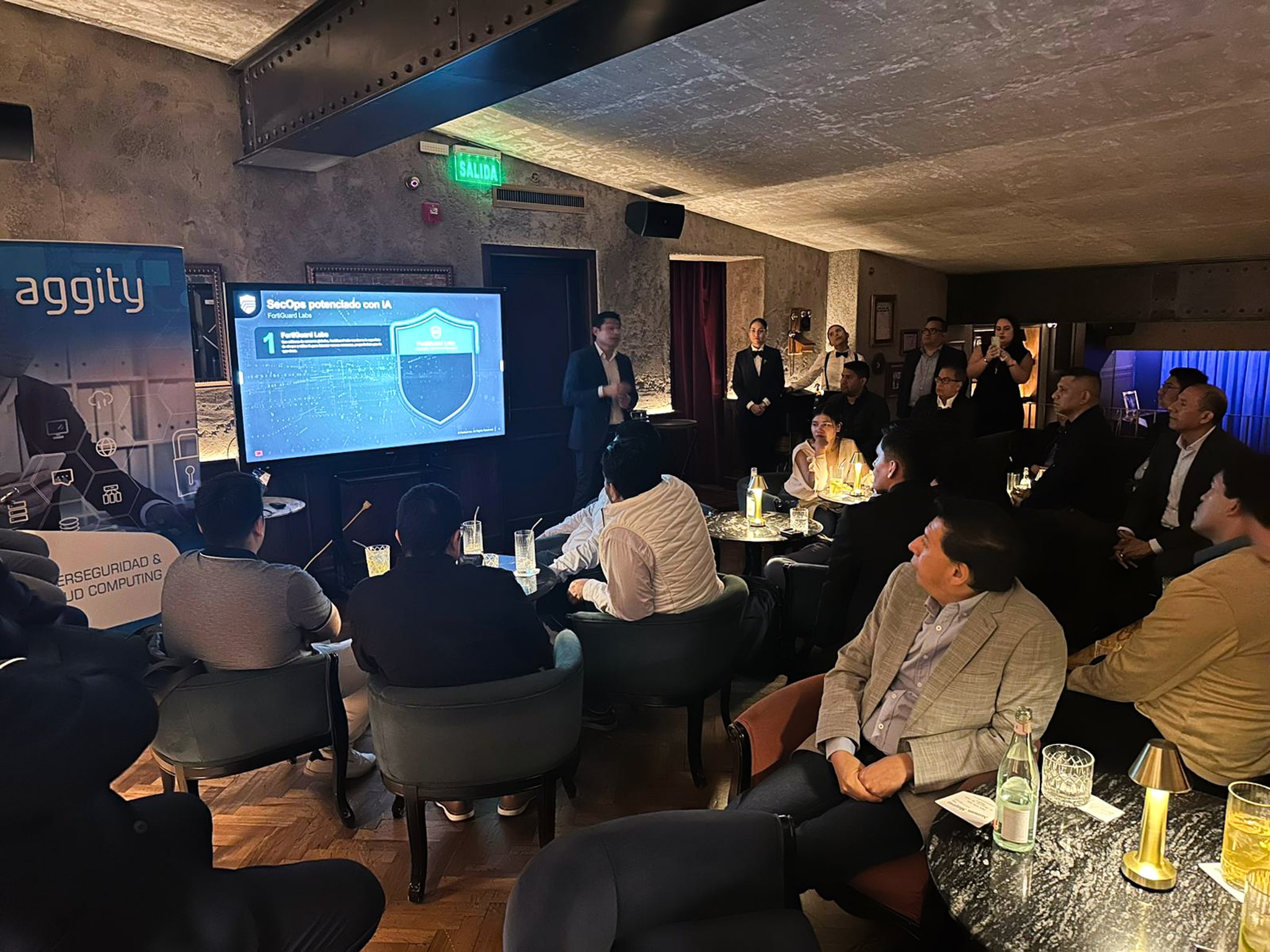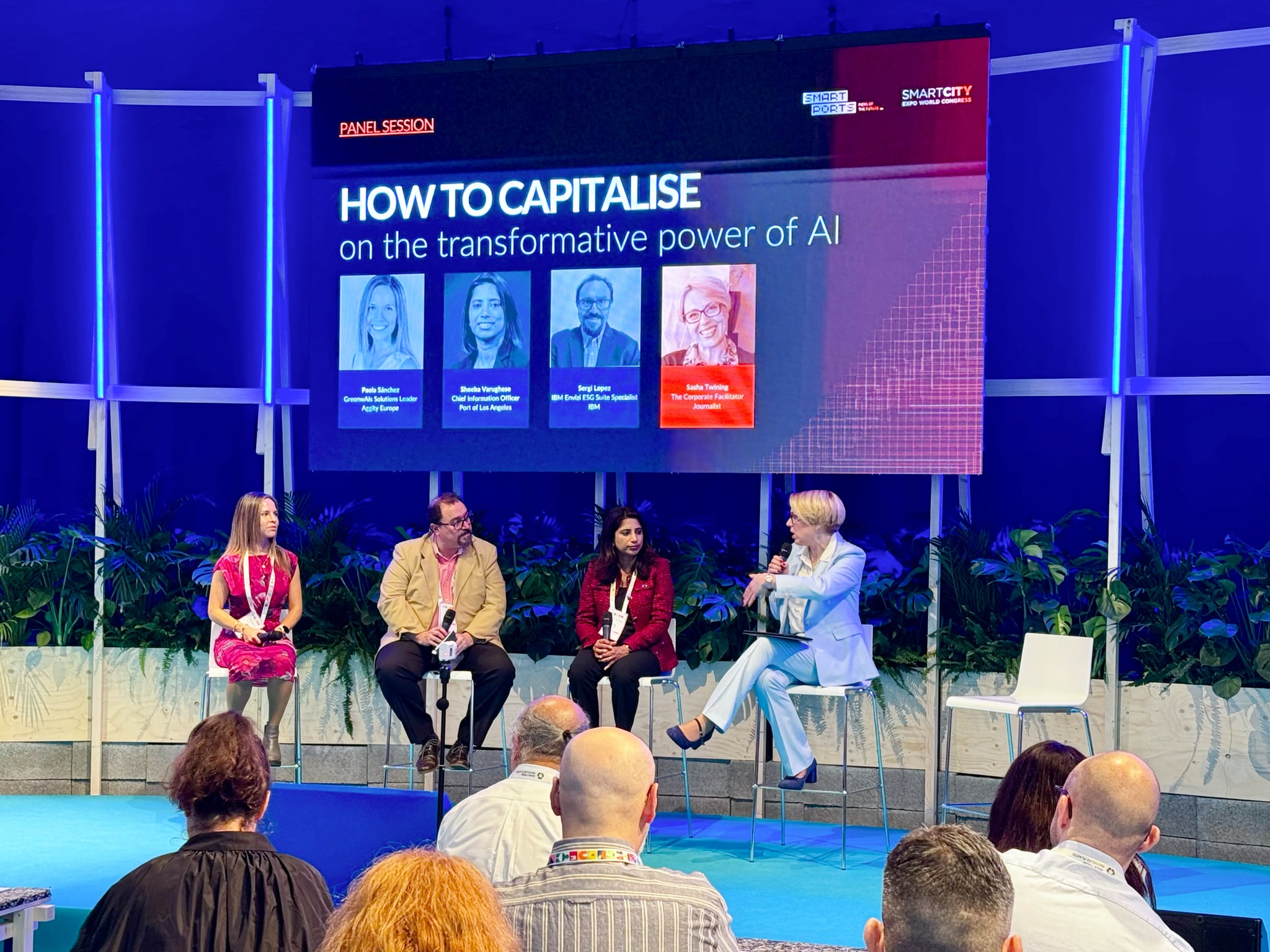Social Business: The best way to address the digital transformation of enterprises
It is a goal that must be reached at all costs. Digital transformation involves changing the approach to business, customers and people in organizations, which implies an evolution of management models. Otherwise, companies run the risk of being left out of a race that is already underway and moving at high speed.
How to approach Digital Transformation
In all forums and events on IT and business management, the concept of digital transformation ends up being a mantra. But where to start and what to change? The temptation to change everything and do it all at once will lead to failure and excessive costs since companies already have digital technologies, have a certain ICT infrastructure and are composed of people who, in addition to being fundamental in this digital transformation process, have to adapt to it and to the new culture.
In this case, is a gradual digital transformation possible, a smooth process that spreads throughout the organization, and is there a formula to measure its impact on human resources and the business? The answer: yes.
In this statement, a new concept that society has adapted even before companies: Social Business, plays an essential role. We are not talking about expensive and sophisticated technologies, but technologies that are easy to explain and adopt, inspired by the most widespread social relationship tools in the world; simple to implement and, moreover, at a reduced cost, taking into account the speed with which they have an impact on the organization (cost savings, staff motivation, customer satisfaction, etc.). This impact is also transversal in each and every one of the company’s departments and processes.
There can be no digital transformation without first being Social
Digital transformation is a process, not an end, that affects the entire organization. Therefore, it requires your involvement and participation. A company cannot be digital if it is not social first. With a Social Business approach, with solutions and tools of this type, we are able to socialize management and involve the entire ecosystem of the organization in this new model: employees, collaborators, customers, suppliers, distributors, partners, business processes and resources such as, for example, machinery, if we are talking about an industrial environment.
With the right partners and suppliers, what may seem very complex turns out to be extremely simple. The idea is to take advantage of the massive knowledge and use that employees make of all kinds of communication, collaboration and social networking tools and transfer it to a secure and confidential environment within the company. In parallel, you must be able to combine and connect them with traditional transactional and management systems (ERP, CRM, CMS), mobility technologies, intelligent information analysis (Big Data) and IoT.
The technologies included in the concept of Social Business and the new social and collaborative organizational ecosystem that it introduces in companies allow a very fast adoption by the members of the organization, whether internal (employees) or external (customers, suppliers, distributors), so its amortization and return on investment is almost immediate.

The benefits of Social Business
On digital transformation and Social Business, there are many studies that show that better communication and collaboration based on the use of social technologies is able to increase productivity between 20% and 25%.
Organizations that are already experiencing this new model point out that Social Business technologies and solutions applied to digital transformation processes allow: a more agile, dynamic and effective management, reduce management costs, create new business opportunities, boost corporate innovation, accelerate the sale of new products and services, improve the impact of marketing and promotional campaigns, increase transparency and collective knowledge and significant improvements in locating and enhancing talent within companies.
Written by BDI Comunicación
Últimos posts

aggity strengthens its commitment to sustainability as a SILVER partner of “Fundación Empresa & Clima”.

aggity participates in the IBM Ecosystem Summit 2024 with an applied case of Generative AI in the food industry

Aggity, together with the multinational Fortinet, present an exclusive event in Lima on the application of Generative AI in Corporate Cybersecurity.

aggity participates in Smart Ports: Piers of the Future

aggity Supports the Contigo Foundation at its Annual Dinner

Challenges and Opportunities of Generative AI in Industry: Our Experience at BNEW

Official Liferay Partner in Spain





